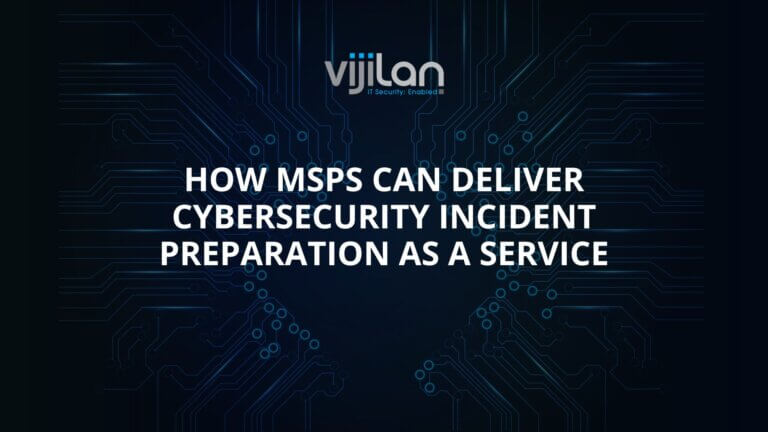Analysis of The Log4Shell Alternative Local Trigger: How Vijilan Security Can Help Protect Your Organization from Log4j Vulnerabilities
In December 2021, a new alternative trigger method for the Log4Shell vulnerability, known as “Alternative Local Trigger” or “ALT,” was discovered. This new attack vector can be used by attackers to exploit the Log4j vulnerability, potentially leading to data breaches, system compromise, and ransomware attacks. In this blog post, we will discuss how Vijilan Security can help protect your organization from Log4Shell vulnerabilities, including the new alternative local trigger.
Understanding The Log4Shell Vulnerability
The Log4Shell vulnerability is a critical vulnerability that affects the Apache Log4j library, which is widely used in Java-based applications. The vulnerability allows attackers to remotely execute arbitrary code by exploiting the Log4j library’s JNDI feature. The vulnerability has been given a high severity score of 10 out of 10 and has been exploited in multiple attacks.
Alternative Local Trigger (ALT) Analysis
The ALT method for triggering the Log4Shell vulnerability involves an attacker exploiting the Log4j vulnerability locally, without the need for network access. The attack can be carried out by a malicious application or service running on the same server as the Log4j library. The attack involves using a specially crafted classpath that includes a URL to a malicious LDAP server.
When the malicious application or service is started, it will load the malicious classpath and trigger the Log4Shell vulnerability, allowing the attacker to execute arbitrary code on the system.
Detecting ALT Exploits
Detecting ALT exploits can be challenging, as they occur locally and do not rely on network traffic. However, Vijilan Security offer several tools and techniques that can help organizations detect ALT exploits in Java-based systems, including:
- Endpoint Detection and Response (EDR) – EDR solutions can detect and alert on suspicious activities on endpoints, such as unauthorized access attempts or the execution of suspicious files. This can help identify and isolate compromised endpoints.
- Log Analysis – Log analysis can help detect suspicious activities by monitoring logs for anomalous behavior. In the case of ALT exploits, log analysis can detect requests containing the Log4j payload, which can be used to trigger further investigation.
- File Integrity Monitoring – File integrity monitoring can detect unauthorized modifications to system files, which may indicate the presence of a malicious application or service.
Mitigating ALT Exploits
Organizations must take immediate action to mitigate ALT exploits. This includes:
- Applying Patches – The Log4Shell vulnerability has several patches available to address the issue. Organizations should immediately apply the relevant patches to all affected systems.
- Hardening Systems – Organizations should harden their systems by implementing security best practices, such as restricting user access and disabling unnecessary services.
- Educating Users – Organizations should educate users on the risks associated with ALT exploits and encourage them to be vigilant when downloading and running applications.
Conclusion
In conclusion, the Log4Shell vulnerability remains a serious security issue that organizations must address immediately. The discovery of the ALT method for triggering the vulnerability highlights the need for increased vigilance and proactive security measures. Vijilan Security can help organizations detect ALT exploits and prevent data breaches and ransomware attacks by monitoring logs, analyzing endpoints, and providing threat intelligence. By taking proactive steps to detect and mitigate Log4Shell exploits, organizations can protect themselves against cybercriminals and prevent costly security incidents.




